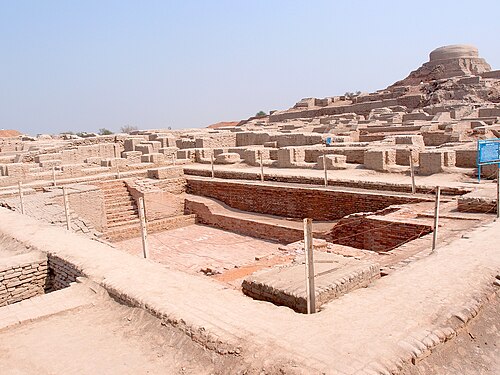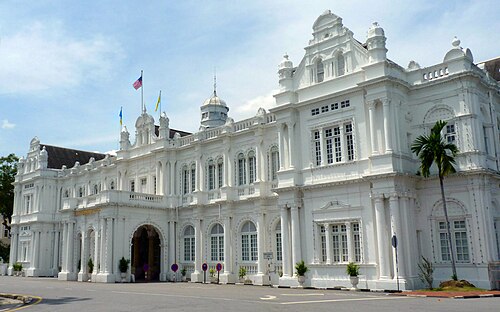Citynoun
A large settlement, bigger than a town.
Citynoun
A settlement granted special status by royal charter or letters patent; traditionally, a settlement with a cathedral regardless of size.
Citynoun
(Australia) The central business district; downtown.
Citynoun
A large town.
Citynoun
A corporate town; in the United States, a town or collective body of inhabitants, incorporated and governed by a mayor and aldermen or a city council consisting of a board of aldermen and a common council; in Great Britain, a town corporate, which is or has been the seat of a bishop, or the capital of his see.
Citynoun
The collective body of citizens, or inhabitants of a city.
Cityadjective
Of or pertaining to a city.
Citynoun
a large and densely populated urban area; may include several independent administrative districts;
Citynoun
an incorporated administrative district established by state charter;
Citynoun
people living in a large densely populated municipality;
Citynoun
a large town
Citynoun
a town created a city by charter and usually containing a cathedral.
Citynoun
a municipal centre incorporated by the state or province.
Citynoun
a place or situation characterized by a specified attribute
Citynoun
short for City of London
Citynoun
the financial and commercial institutions located in the City of London
City
A city is a large human settlement. It can be defined as a permanent and densely settled place with administratively defined boundaries whose members work primarily on non-agricultural tasks.
Provincenoun
A region of the earth or of a continent; a district or country.
Provincenoun
An administrative subdivision of certain countries, including Canada and China.
Provincenoun
(Roman history) An area outside Italy which is administered by a Roman governor.
Provincenoun
(Christianity) An area under the jurisdiction of an archbishop, typically comprising a number of adjacent dioceses.
Provincenoun
The parts of a country outside its capital city.
Provincenoun
An area of activity, responsibility or knowledge; the proper concern of a particular person or concept.
Provincenoun
A country or region, more or less remote from the city of Rome, brought under the Roman government; a conquered country beyond the limits of Italy.
Provincenoun
A country or region dependent on a distant authority; a portion of an empire or state, esp. one remote from the capital.
Provincenoun
A region of country; a tract; a district.
Provincenoun
A region under the supervision or direction of any special person; the district or division of a country, especially an ecclesiastical division, over which one has jurisdiction; as, the province of Canterbury, or that in which the archbishop of Canterbury exercises ecclesiastical authority.
Provincenoun
The proper or appropriate business or duty of a person or body; office; charge; jurisdiction; sphere.
Provincenoun
Specif.: Any political division of the Dominion of Canada, having a governor, a local legislature, and representation in the Dominion parliament. Hence, colloquially, The Provinces, the Dominion of Canada.
Provincenoun
the territory occupied by one of the constituent administrative districts of a nation;
Provincenoun
the proper sphere or extent of your activities;
Provincenoun
a principal administrative division of a country or empire
Provincenoun
Northern Ireland
Provincenoun
a district under an archbishop or a metropolitan.
Provincenoun
a territory outside Italy under a Roman governor.
Provincenoun
the whole of a country outside the capital, especially when regarded as lacking in sophistication or culture
Provincenoun
an area of special knowledge, interest, or responsibility
Province
A province is almost always an administrative division within a country or state. The term derives from the ancient Roman provincia, which was the major territorial and administrative unit of the Roman Empire's territorial possessions outside Italy.














































